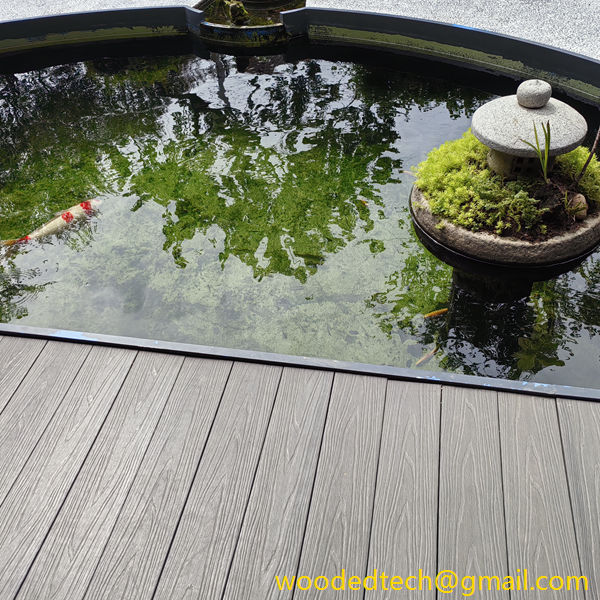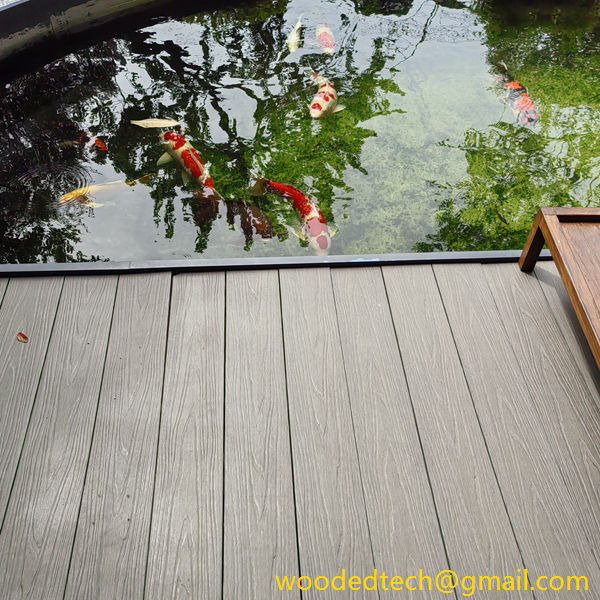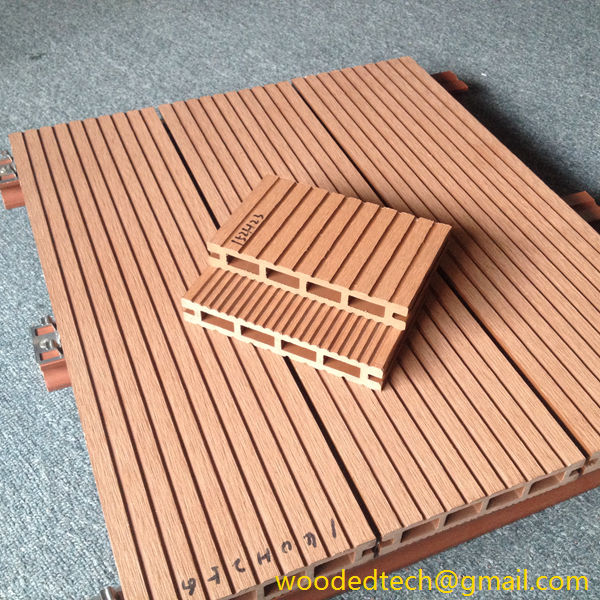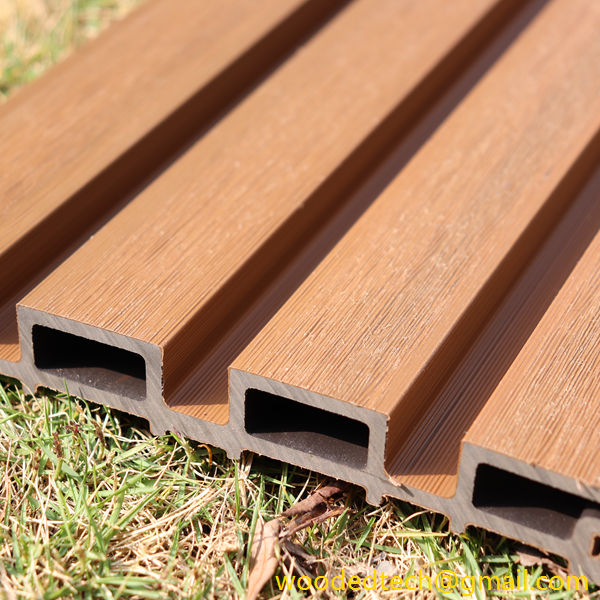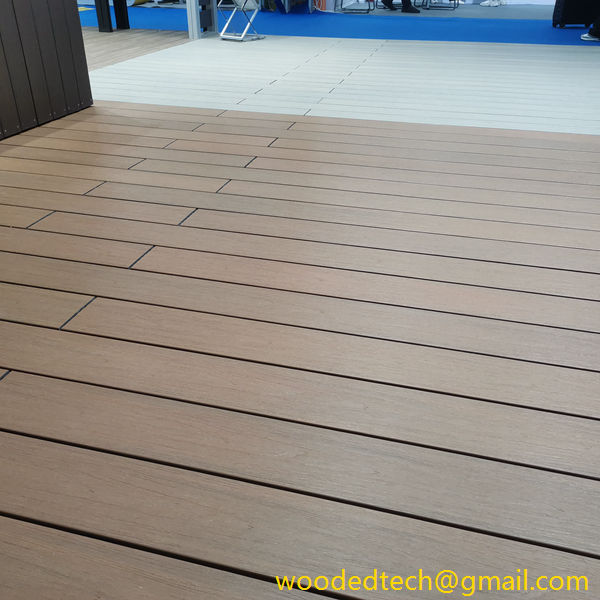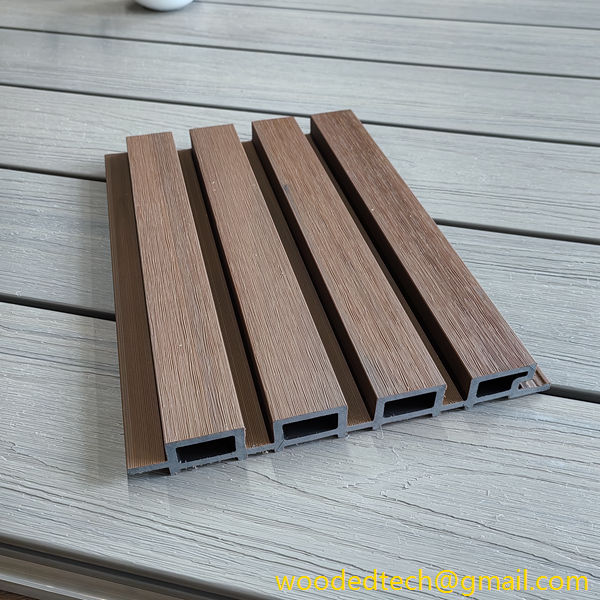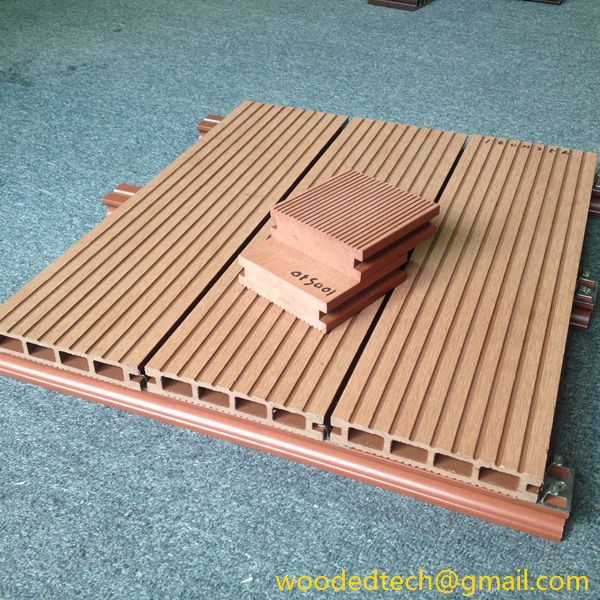Hollow WPC Decking: The Benefits of Using Hollow WPC Decking for Your Projects
Hollow WPC Decking: The Benefits of Using Hollow WPC Decking for Your Projects Hollow Wood Plastic Composite (WPC) decking has emerged as a popular choice for outdoor projects, including patios, decks, and walkways. This innovative material combines the best of both wood and plastic, resulting in a product that offers numerous advantages over traditional decking…
Hollow WPC Decking: The Benefits of Using Hollow WPC Decking for Your Projects
Hollow Wood Plastic Composite (WPC) decking has emerged as a popular choice for outdoor projects, including patios, decks, and walkways. This innovative material combines the best of both wood and plastic, resulting in a product that offers numerous advantages over traditional decking materials. In this article, we will explore the benefits of using hollow WPC decking, emphasizing its unique properties, environmental impact, and overall functionality.
One of the most significant benefits of hollow WPC decking is its lightweight nature. Unlike solid wood or heavy composite materials, hollow WPC decking is designed with a hollow core, making it easier to handle and install. This lightweight characteristic reduces labor costs and the time needed for installation. Homeowners and contractors alike appreciate this feature, as it allows for faster project completion without sacrificing quality.
Another compelling advantage of hollow WPC decking is its resistance to rot, mold, and insects. Traditional wood decking is susceptible to decay and insect damage, which can lead to costly repairs and replacements. In contrast, WPC decking is engineered to withstand the elements, making it an ideal choice for outdoor environments. The composite material is resistant to moisture, which helps prevent mold growth and warping. This durability ensures that your decking will maintain its appearance and structural integrity for years to come, even in harsh weather conditions.
Aesthetically, hollow WPC decking offers a wide range of designs and finishes, allowing homeowners to achieve the look they desire without compromising on performance. Available in various colors and textures, WPC decking can mimic the appearance of natural wood while providing superior durability. This versatility makes it an attractive option for those looking to enhance the visual appeal of their outdoor spaces. Whether you prefer a classic wood finish or a more modern, sleek look, hollow WPC decking can accommodate your design preferences.
In addition to its visual appeal, hollow WPC decking is also low-maintenance. Unlike traditional wood decking, which requires regular staining, sealing, and painting to maintain its appearance and longevity, WPC decking only needs occasional cleaning with soap and water. This ease of maintenance allows homeowners to spend more time enjoying their outdoor spaces rather than performing upkeep. For busy individuals or families, this low-maintenance aspect is particularly appealing, as it simplifies the process of caring for outdoor areas.
Environmental sustainability is another crucial factor driving the popularity of hollow WPC decking. Made from a combination of recycled wood fibers and plastic, WPC decking is an eco-friendly alternative to traditional materials. By utilizing recycled materials, the production of WPC decking reduces waste and minimizes the demand for virgin wood, which helps to conserve forests. Additionally, the longevity and durability of WPC decking mean that it does not need to be replaced as frequently as traditional wood, further reducing its environmental footprint.
Moreover, many manufacturers of hollow WPC decking are committed to sustainable practices throughout their production process. This includes responsibly sourcing materials, minimizing energy consumption during manufacturing, and implementing recycling programs for end-of-life products. By choosing hollow WPC decking, consumers can contribute to a more sustainable future while enjoying the benefits of this innovative building material.
Safety is another critical consideration when selecting decking materials. Hollow WPC decking is designed with safety in mind, featuring a slip-resistant surface that provides traction even when wet. This characteristic is especially important for outdoor spaces, where wet conditions can pose a slipping hazard. Parents and pet owners can feel more at ease knowing that their loved ones are less likely to slip and fall on a WPC deck compared to traditional wood surfaces.
Furthermore, hollow WPC decking is free from harmful chemicals commonly found in treated wood, such as arsenic and other pesticides. This makes it a safer choice for families, pets, and the environment. Homeowners can enjoy their outdoor living spaces without worrying about exposure to toxic substances, contributing to a healthier lifestyle.
Cost-effectiveness is also a considerable advantage of hollow WPC decking. While the initial investment may be higher than that of traditional wood decking, the long-term savings associated with reduced maintenance costs, durability, and longevity make it a wise financial decision. Homeowners can save money over time by avoiding frequent repairs, replacements, and maintenance tasks. Additionally, the enhanced durability of WPC decking can increase the overall value of a property, making it an appealing investment for those looking to enhance their outdoor spaces.
In conclusion, hollow WPC decking offers a multitude of benefits that make it an excellent choice for various outdoor projects. Its lightweight nature, durability, low maintenance requirements, and aesthetic versatility are just a few of the advantages that contribute to its growing popularity. Additionally, the environmental sustainability and safety features of WPC decking align with the values of modern consumers who prioritize eco-friendly and health-conscious options. By choosing hollow WPC decking, homeowners and contractors can create beautiful, functional, and long-lasting outdoor spaces that enhance their quality of life while being mindful of their impact on the environment.

